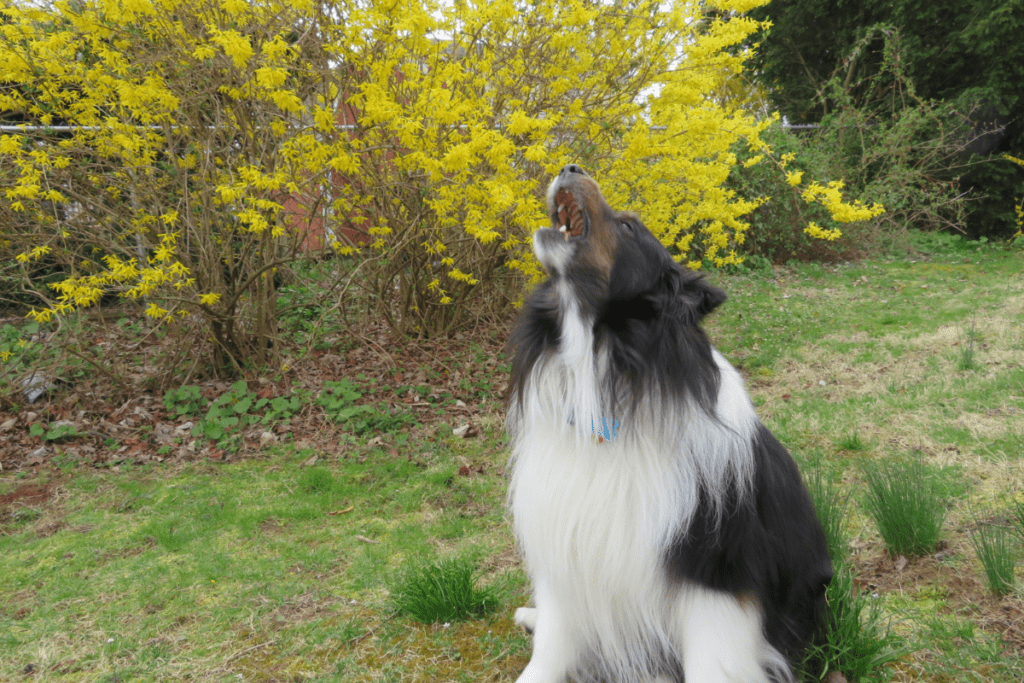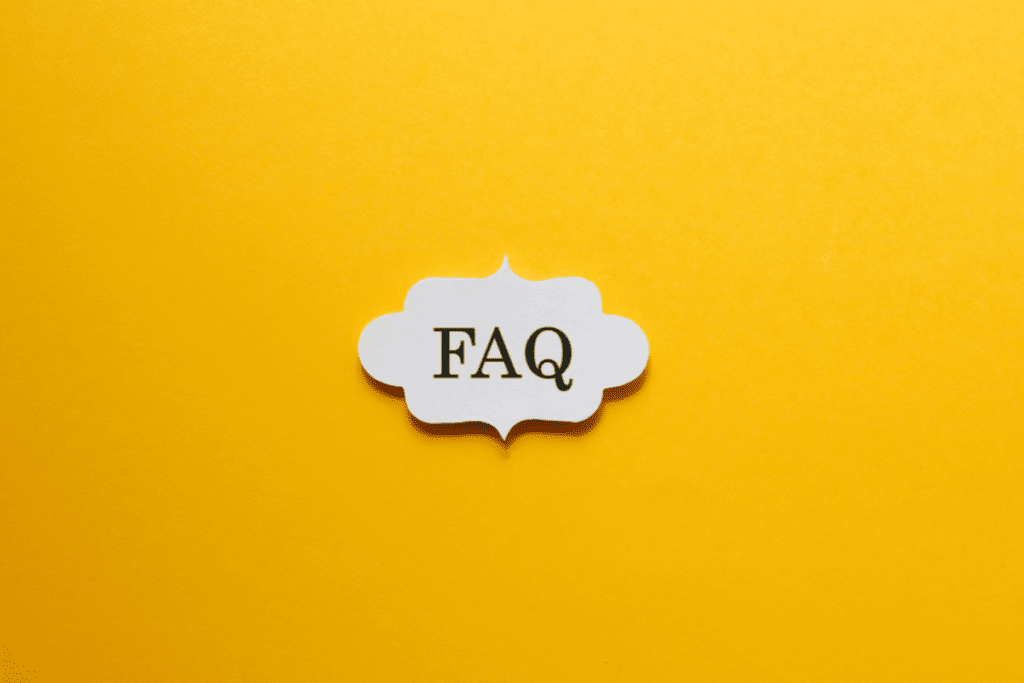Contents
Living in a community with other people is always going to come with some challenges. When you live in an HOA community, you have a good, built-in infrastructure for filing complaints. Simply put, if you have neighbors who are disrupting community life or not complying with the association’s rules, you can take your grievances directly to the Board of Directors.
Some of the most common HOA complaints involve noisy neighbors. Excessive noise can shatter your peace and quiet, and disrupt your quality of life. Additionally, excessive noise can run afoul of the community’s stated noise ordinances.
The question is, how can members of the HOA Board handle a noise issue when it comes up? Start by reviewing some of the most common noise complaints that crop up in homeowners associations. With any questions, feel free to reach out to Kuester Management Group if you’re based in the Carolinas. Our company is proud to deliver HOA management in Huntersville NC, Charlotte NC, Myrtle Beach SC, and HOA Management in Fort Mill SC.
HOA Noise Violations: An Overview
First, some background is in order. All HOA homeowners are free to enjoy life on their own property, and also to take advantage of all the amenities that the association provides. However, different homeowners may have competing ideas about what that freedom entails, especially when it comes to the level of noise they generate or the extent to which they disrupt their neighbors. Thankfully, the HOA rules and covenants should offer some consistency and some clarity.
Even with good governing documents in place, disputes are bound to arise. Often, neighbors are able to resolve their issues together, without the need for the HOA Board to intervene. But in some cases, loud noise does rise to the level that the Board needs to step in.

What are the Most Common Types of Nuisances in an HOA?
In real estate, a nuisance can be defined as using your property in a way that is disruptive, irritating, or obnoxious to the other members of your community. Often, in the context of an HOA, nuisances involve noise.
There are basically two types of nuisances that HOA residents may experience. The first is what’s known as a private nuisance. Basically, this can involve any behavior that makes it hard for you to enjoy peace, quiet, and privacy while occupying your own property. It could be something as simple as a neighbor who constantly blares loud music, or who allows their dog to bark long into the night. Pretty much any noise-related issue is going to fall under this category.
The other type of nuisance is the public nuisance, which can be anything that presents an actual health or safety hazard to members of the community. Noise issues seldom rise to this level, so we won’t dwell on public nuisance issues here.
Common Types of Private Nuisances
When it comes to private and noise-related issues, there are a few common complaints that arise in HOA communities.
General Noise Concerns
It’s not uncommon for homeowners to file general grievances about the level of noise they hear coming from a neighbor’s home. This might be loud music, rowdy parties that go late into the night, etc.
Pets
Sometimes, noise complaints are specifically pet-related. Yappy or rambunctious dogs can certainly be annoying, as can neighbors who don’t properly attend to their dog’s waste.
Children
Children, like pets, can sometimes be noisy or unruly, shattering peace and quiet within the community. Child-related complaints can be particularly prickly and hard to deal with.

How to Resolve Noise Complaints in Your HOA
Hopefully, residents of your HOA will be able to resolve noise disputes amicably among themselves. In some situations, however, noise concerns do require members of the HOA to intervene. The question is, what steps can the HOA take to handle these complaints?
Consider a few best practices:
- Enforce rules fairly and consistently. First and foremost, it’s vital to know what your written rules, regulations, and ordinances say about noise complaints. Be sure to enforce those rules fairly and consistently, avoiding any possible allegations of favoritism or of selective enforcement.
- Act quickly. A noise complaint may not seem like a big deal, but if left unresolved, it can lead to escalating tension and conflict. It’s always good to step in as promptly as possible.
- Send a notice. There’s no need to jump straight to legal action. Often, a written or verbal request is all it takes to settle the matter. Simply send a note to the offending homeowner, letting them know of the complaint and gently reminding them of the noise rules and policies.
- Offer to mediate. If a written notice doesn’t solve things, the next step is to offer to mediate. The Board itself can listen to both sides of the dispute and propose a solution, or else involve a third-party evaluator. This may be a mediator from your HOA management company.
- Seek help. If you’re unable to resolve the matter internally, that may be when you need to check in with your management company or HOA attorney. You don’t want to deal with a civil lawsuit, so asking about alternative dispute resolution options can be really wise.
- Consider new policies. Finally, you may wish to consider additional policies that can help you to prevent future noise complaints. For example, why not implement quiet hours for your HOA? Just make sure your policy is reasonable, and that you provide ample, clear written notice.

With these tips, your HOA should be well-prepared to deal with any noise nuisance that comes up and to consider a number of options for resolution.
Frequently Asked Questions
How do I write a noise complaint letter?
When alerting the HOA Board to a noise disruption, make sure you provide plenty of documentation. Make note of where you live, the source of the noise, and the hours/times when you experienced the noise. When possible, try to note the specific section of HOA bylaws that’s being violated. Also try to remain level-headed; yes, noise nuisances are a problem, but there’s no need for things like name-calling or lost tempers.
How do I complain about a noisy neighbor?
Ideally, you’ll be able to go directly to your neighbor first, asking them if you can reach some compromise about the noise level. If that doesn’t work, that’s when you’ll want to send a letter to the HOA Board, letting them know that noise restrictions are being violated.
Can you complain to your HOA about a neighbor?
The short answer is yes. You should try going directly to your neighbor first, but if that doesn’t work, complaining to the HOA is the appropriate next step.
Can an HOA impose quiet hours?
Yes, your Board can work together to institute quiet hour policies. Talk with your property manager to ensure you’re following the right protocols.
Can an HOA noise complaint involve motorcycles?
Yes, if a neighbor’s motorcycle is a frequent cause of excessive noise, that may qualify as a legitimate noise complaint.
What if the HOA won’t do anything about noisy neighbors?
If your neighbors are violating stated noise policies and your HOA Board won’t act, the next step is to take your complaint directly to the management company.

